Frequently Asked Questions
1. What impact does knife production have on the environment?
2. How can consumers make more sustainable choices when purchasing knives?
3. What are some sustainable material alternatives for knives?
4. What steps is the knife industry taking to promote sustainability?
5. How do community initiatives impact sustainable knife production?
As consumers become more environmentally conscious, the impact of various products on the planet is coming under increasing scrutiny. One item that often escapes attention is the knife, specifically folding knives. This blog post explores the environmental consequences of knife production, highlights the importance of sustainability, and suggests ways to make eco-friendly choices in your knife purchases.
The Knife Industry: A Closer Look
The knife industry encompasses the production of numerous types of knives, including chef knives, survival knives, and folding knives. While these tools are essential in many households, hobbies, and professions, their manufacturing processes can be damaging to the environment. Understanding the lifecycle of a knife helps us appreciate the significance of sustainability in this niche market.
Raw Materials: Mining and Resource Extraction
Producing knives generally starts with raw materials such as steel and aluminum. The mining processes required to extract these metals can have devastating effects on local ecosystems. Deforestation, soil erosion, and water pollution are key concerns tied to mining activities. Moreover, mining operations are typically energy-intensive, further contributing to greenhouse gas emissions.
The Production Process: Energy Consumption and Waste
Once raw materials are sourced, the manufacturing of folding knives begins. This involves several energy-intensive processes, such as:
- Melting and forging metals
- Shaping and grinding the blade
- Assembling and finishing the product
Each of these stages requires significant amounts of energy, often derived from fossil fuels, increasing the carbon footprint of the final product. Additionally, waste is generated throughout the production cycle, from scrap metals to packaging materials, which also contribute to landfill overflow and pollution.
Packaging and Transportation: The Hidden Cost
After manufacturing, the environmental impact of knives doesn't stop. The packaging and transportation of folding knives contribute another layer of ecological issues. Packaging is often composed of plastic or other non-biodegradable materials, which can take years to decompose. The transportation process, whether it's through air, land, or sea, further amplifies carbon emissions and resource use.
The Importance of Sustainable Practices
To mitigate these environmental impacts, the knife industry must adopt sustainable practices at every stage of the product lifecycle. This includes:
- Using recycled materials in production
- Implementing energy-efficient manufacturing processes
- Opting for biodegradable or recyclable packaging
- Partnering with sustainable suppliers and organizations
By advocating for and adopting these practices, both manufacturers and consumers can decrease the overall environmental footprint of knives.
Sustainable Material Alternatives
Manufacturers are increasingly exploring sustainable materials as an alternative to traditional metals. Some viable options include:
- Recycled Steel: Using steel from previously used products minimizes the need for new material extraction and decreases waste.
- Biodegradable Handles: Materials like wood from sustainably managed forests or bio-resins can reduce plastic usage.
- Natural Coatings: Opting for natural oils or wax instead of synthetic finishes reduces toxic chemical exposure.
By embracing these materials, the knife industry can lessen its environmental burden and promote eco-friendly practices.
Consumer Choices Matter
As consumers, our choices significantly influence the product lifecycle and the environmental impact of knives, including folding knives. Here are some ways you can make more sustainable choices:
- Research Brands: Look for manufacturers that emphasize sustainability in their production processes.
- Choose Quality Over Quantity: Invest in high-quality knives that last longer, reducing waste.
- Proper Maintenance: Take care of your knives to prolong their life, including regular sharpening and cleaning.
- Recycle or Upcycle: When it’s time to part with an old knife, consider recycling it or repurposing it into a different tool or artwork.
The Role of Regulations and Certifications
Government regulations and certifications can further encourage sustainability in the knife industry. Organizations that endorse eco-friendly standards help establish trust between manufacturers and consumers. Certifications such as fair trade and eco-labels can provide assurance that a product is made with environmental considerations in mind.
Global Trends Influencing Sustainable Knife Production
A growing global movement towards sustainability is impacting various industries, including knife production. Major trends include:
- Transparency: Brands are being more open about their supply chains and production methods, allowing consumers to make informed choices.
- Consumer Awareness: Increased awareness about environmental issues drives demand for sustainable products.
- Innovation: Advances in technology lead to more efficient production methods that reduce resource consumption.
These trends indicate that sustainability will continue to be a priority in knife production, including among makers of folding knives.
Community Efforts and Initiatives
Community programs aimed at environmental education can play a vital role in promoting sustainable practices in knife production. Efforts such as clean-up drives, tree-planting initiatives, and workshops on sustainable living encourage individuals to rethink their consumption habits and support eco-friendly companies.
Collaborative Efforts for Change
Organizations dedicated to environmental conservation partner with knife makers to help them transition to sustainable practices. Collaborations can focus on:
- Research & development for sustainable materials
- Effective waste management practices
- Community education to raise awareness about sustainability issues
Such partnerships bolster an industry-wide shift toward eco-friendliness, benefiting both the environment and consumers.
Looking Ahead: The Future of Knife Production
As the conversation on sustainability grows louder, we can expect knife manufacturers to respond by innovating and reforming their practices. The future of knife production, particularly for folding knives, will likely emphasize:
- Advanced materials that improve functionality while being eco-friendly
- Sustainable production methods with lower energy consumption
- Integration of circular economy principles, ensuring that knives are reused, repaired, or recycled at end-of-life
The shift towards sustainability isn't just a trend; it is becoming a crucial criterion in purchase decisions. Consumers are demanding ethical practices and transparency, prompting knife makers to adapt.
Join the Movement: Making a Difference in Knife Production
As consumers and advocates for the environment, we hold power over the market. Choosing sustainably made folding knives and supporting brands committed to eco-friendly practices can drive significant change. Your choices matter, and through conscious consumerism, it's possible to create a demand for more sustainable options in the knife industry.
By actively promoting sustainability, not only do we help protect our planet, but we also inspire manufacturers to rethink their practices. The journey toward greener knife production is a collective effort, and every action counts. Let's forge a future filled with responsibly produced products that benefit both consumers and the Earth.







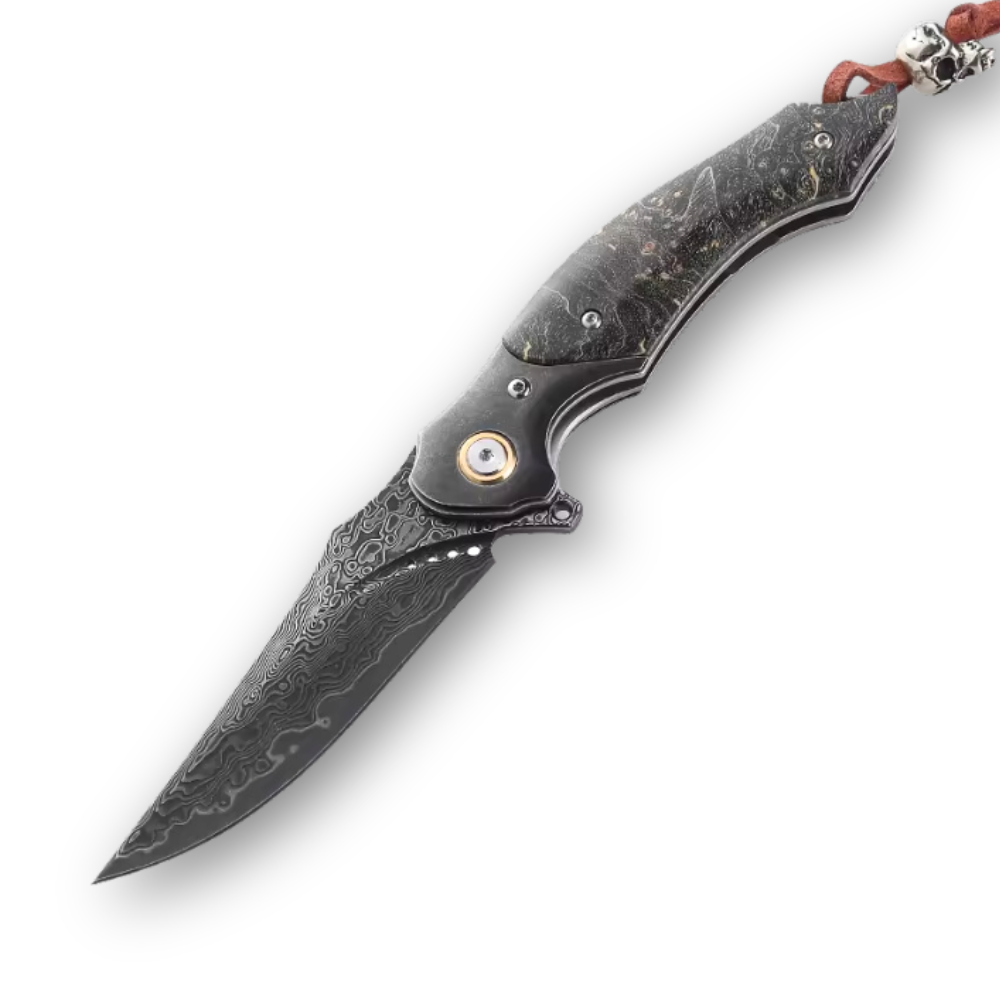

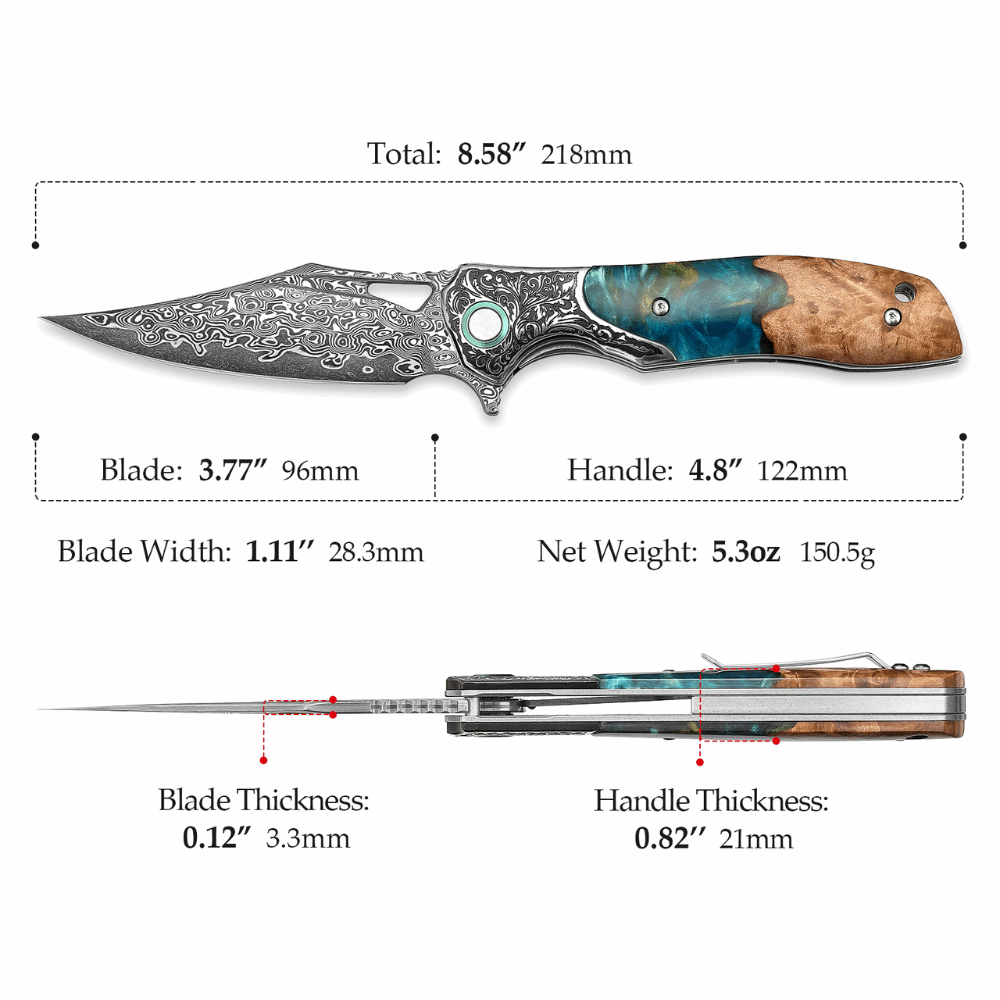
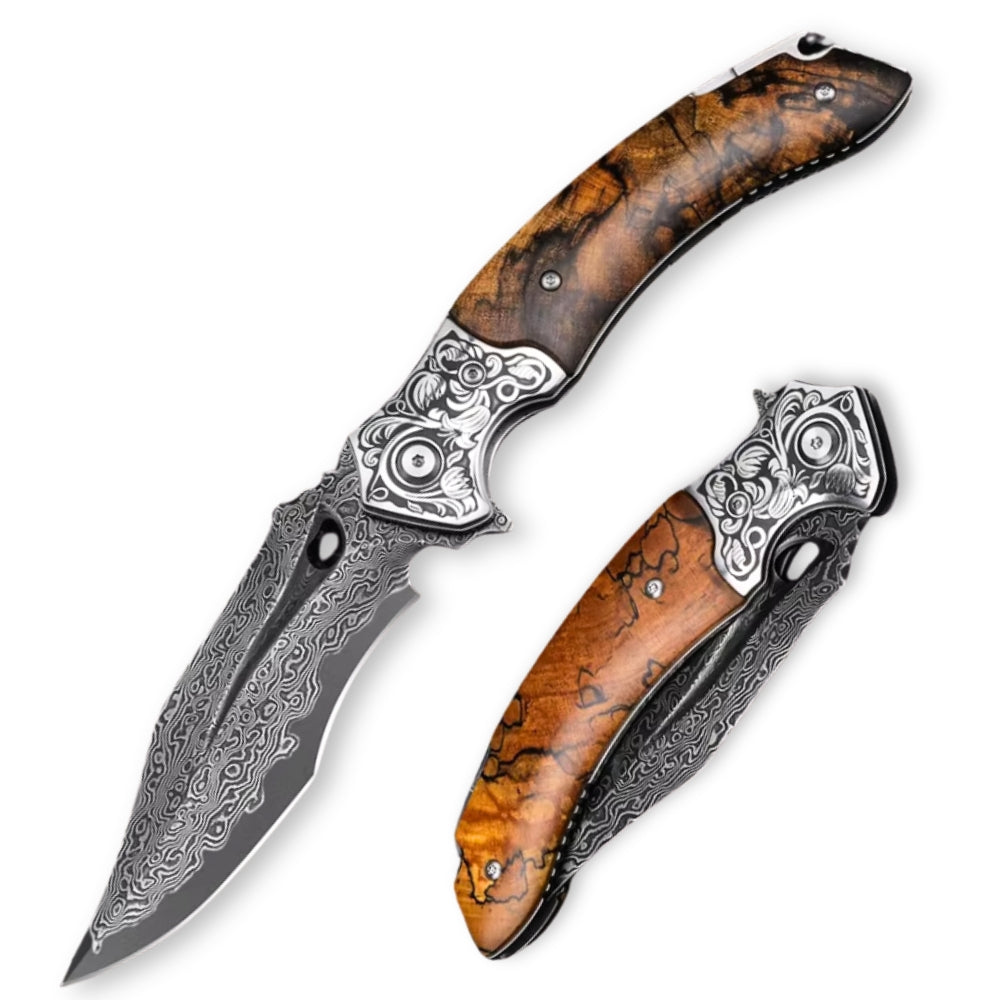




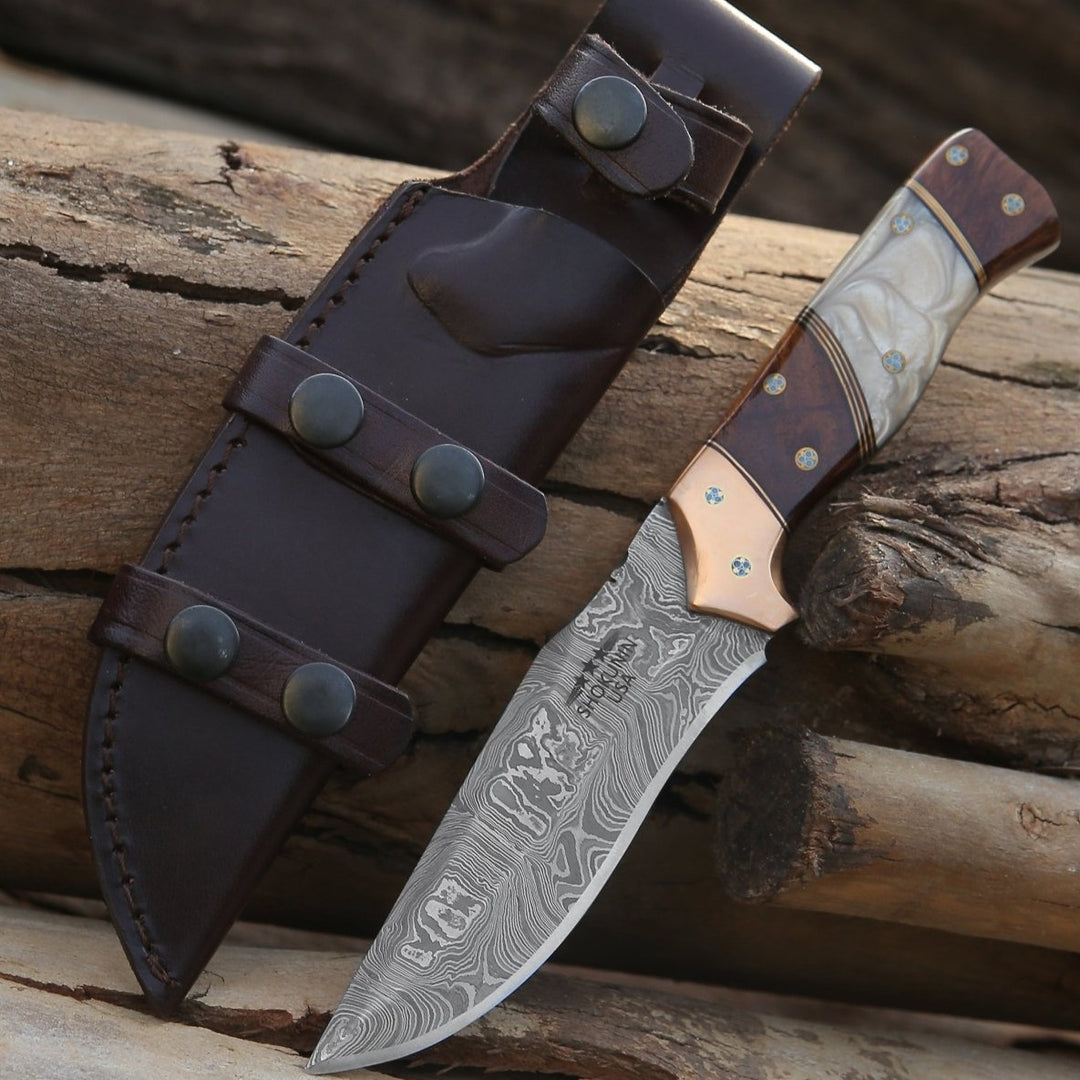
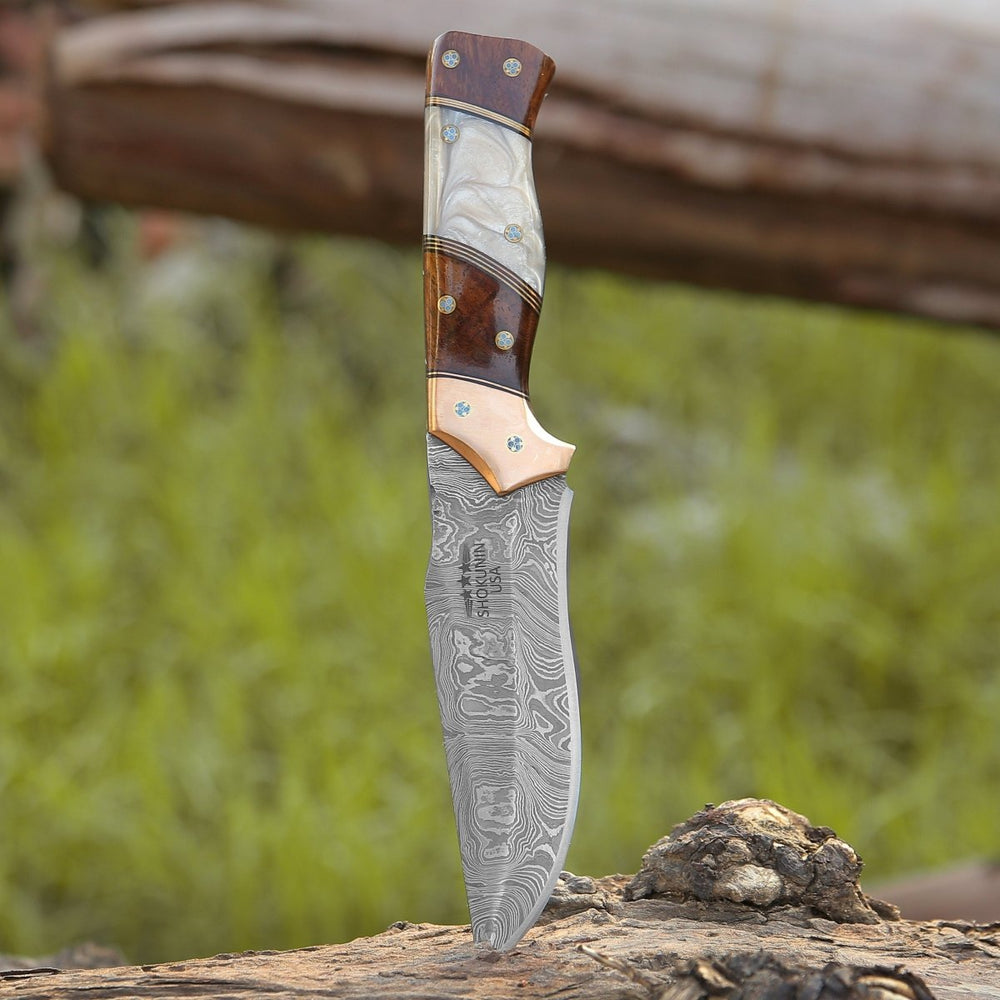
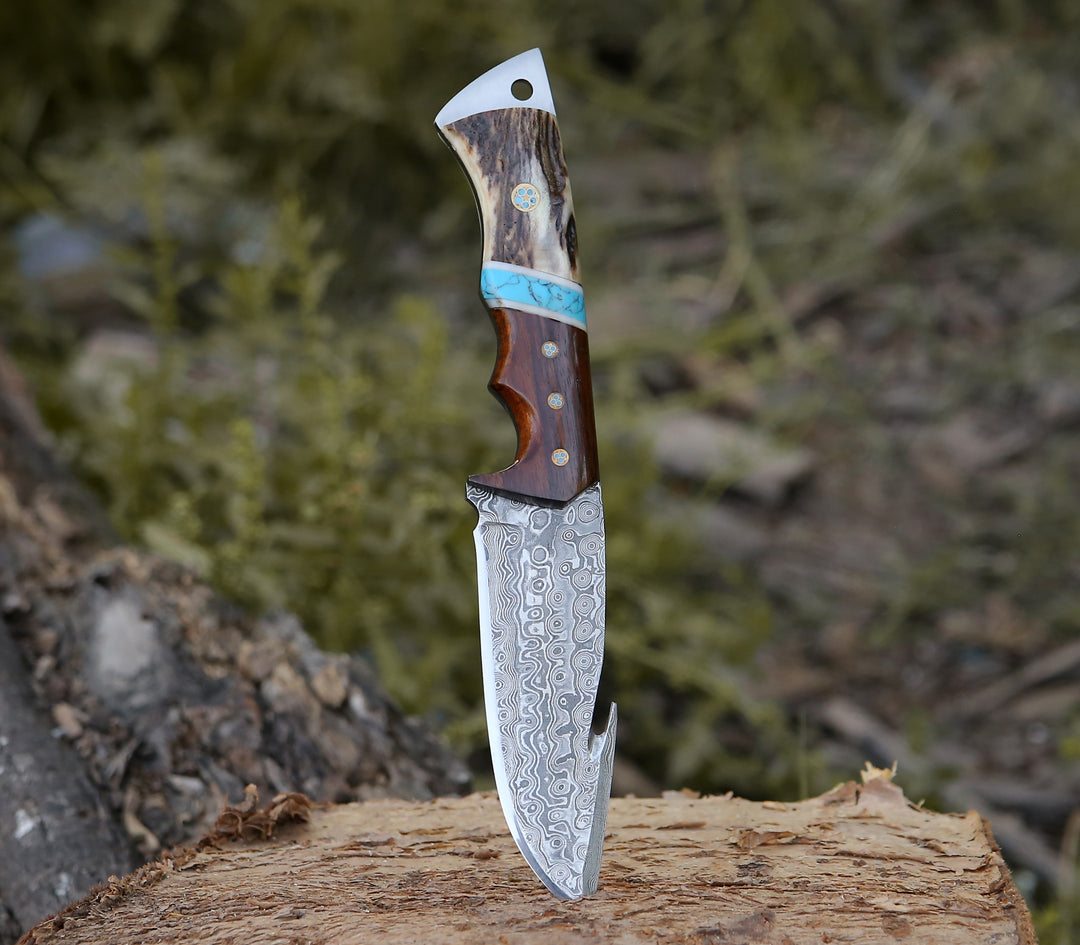

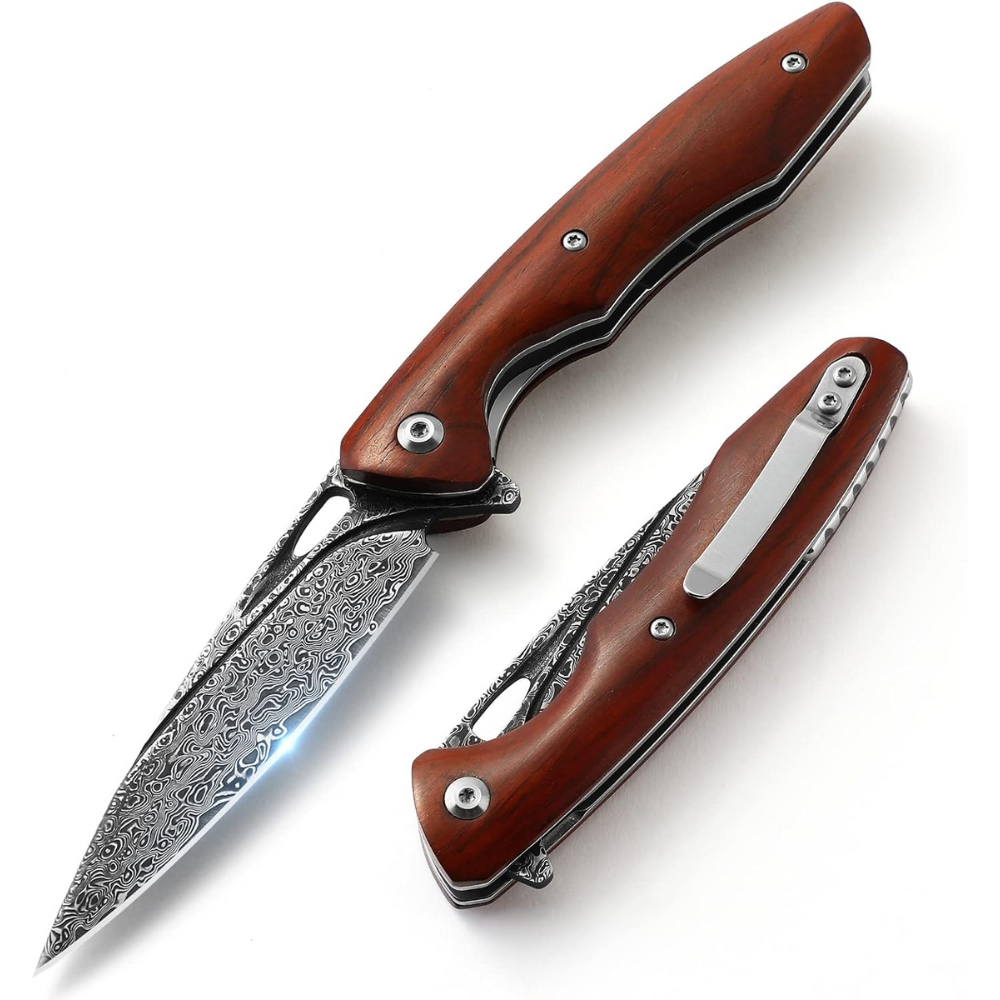

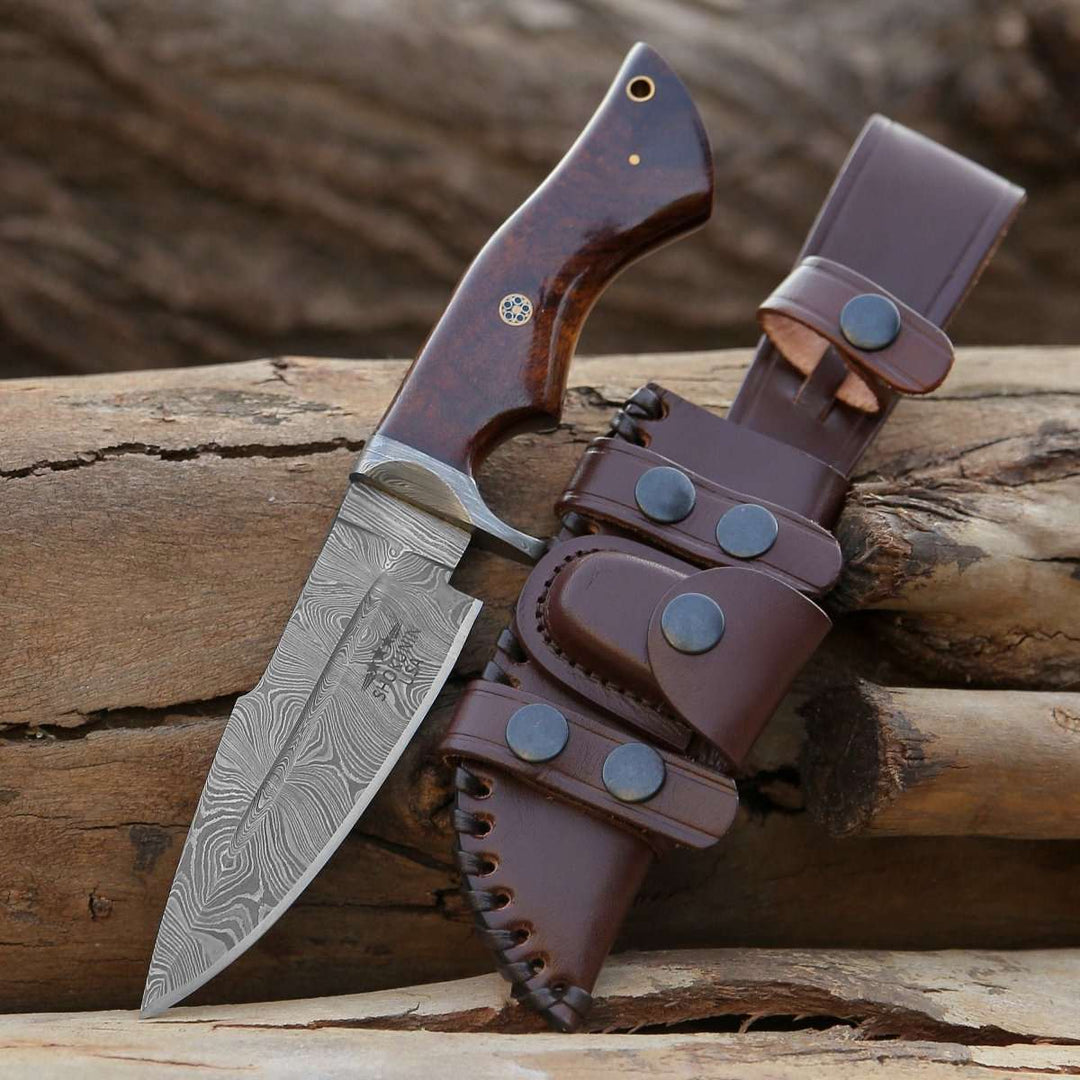




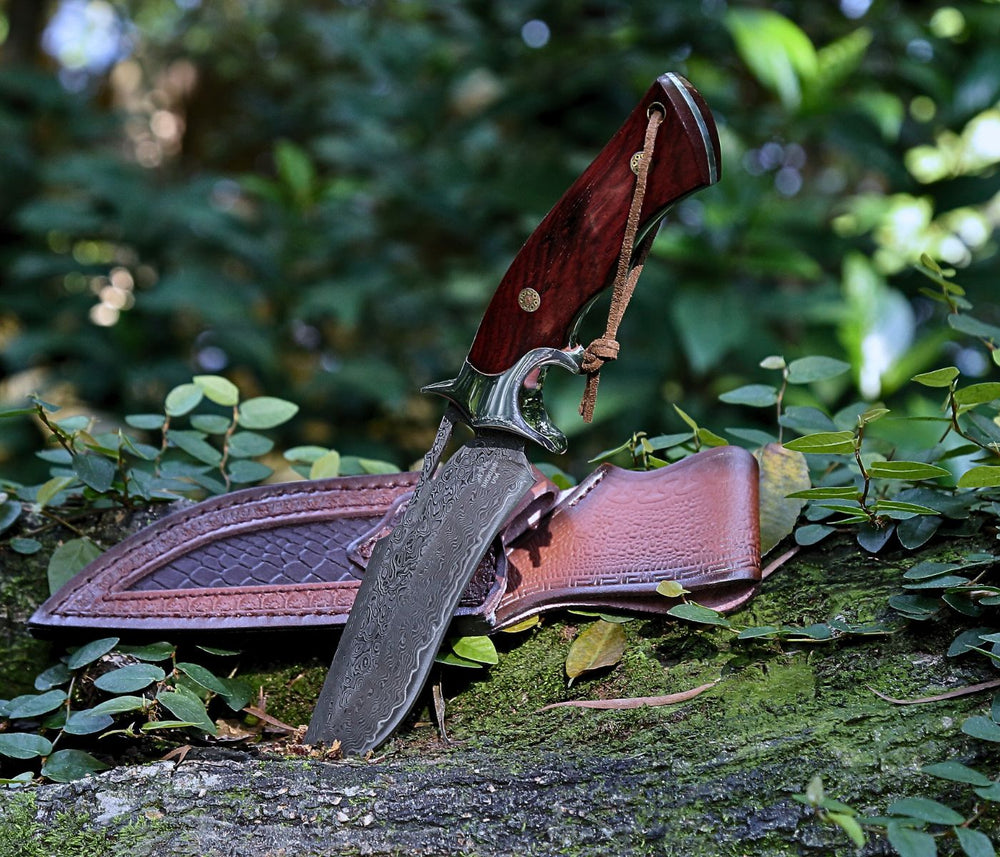
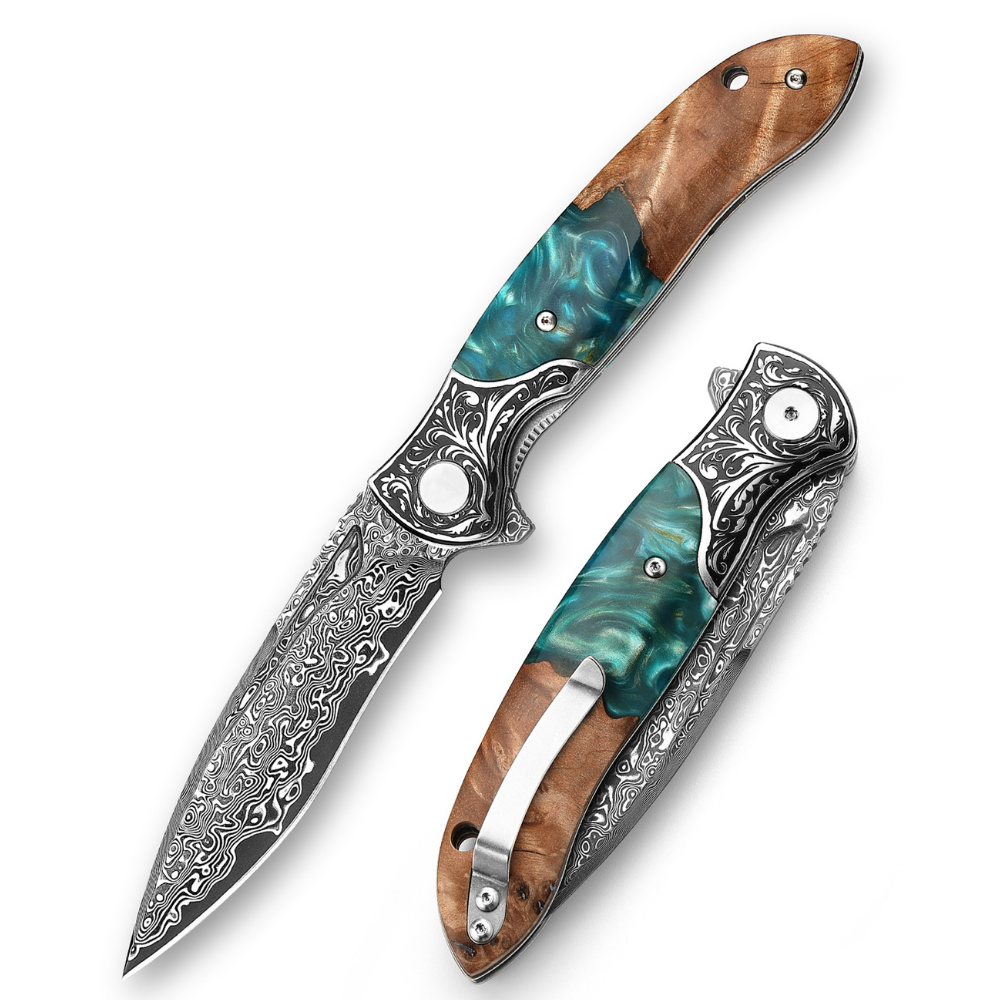

Leave a comment